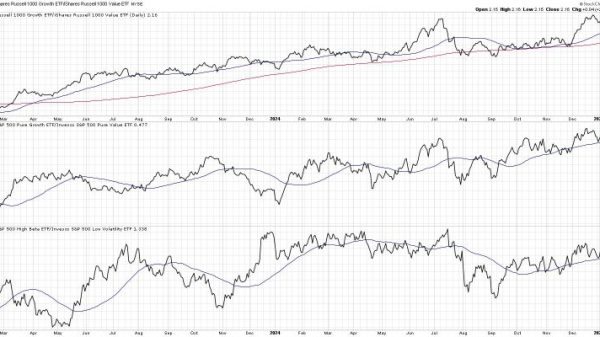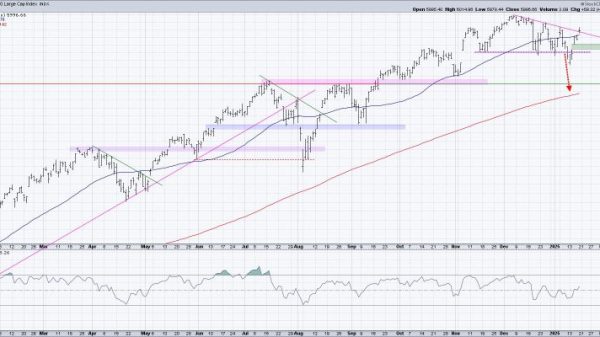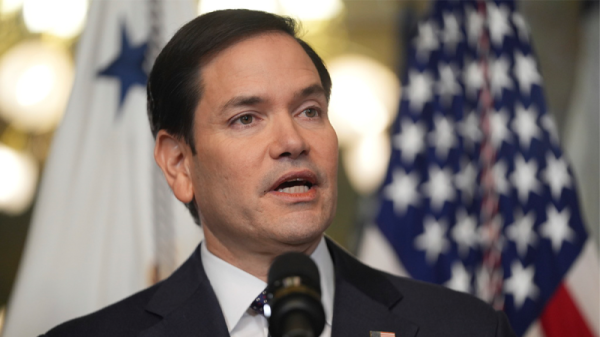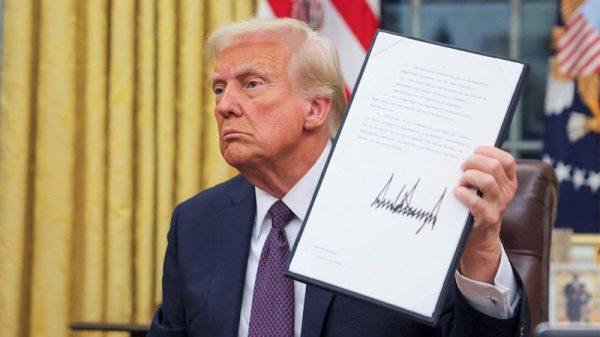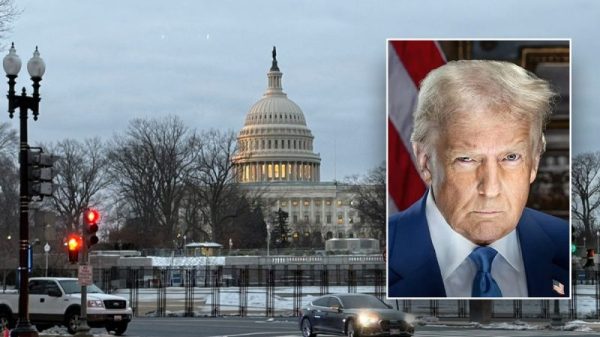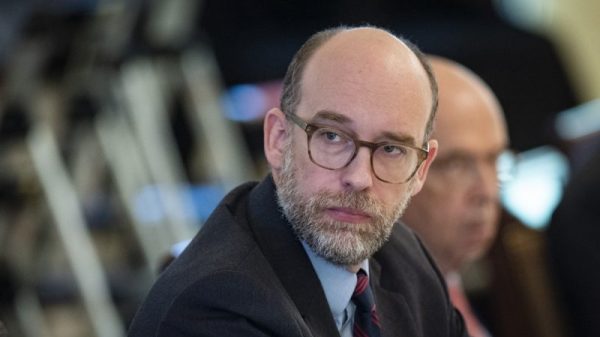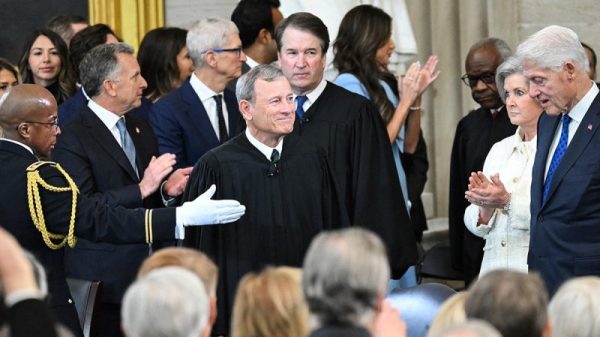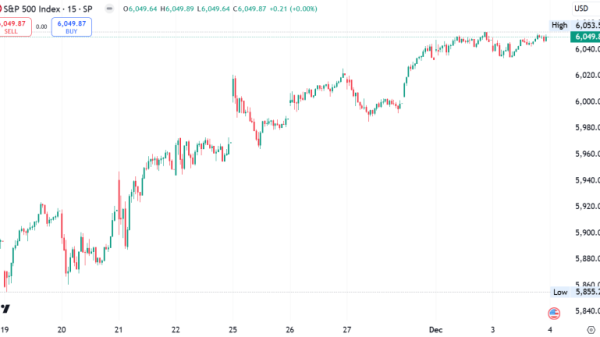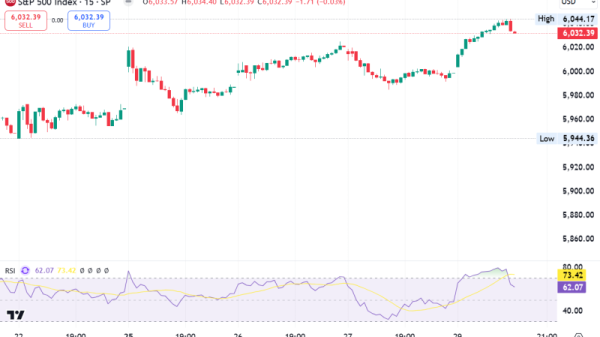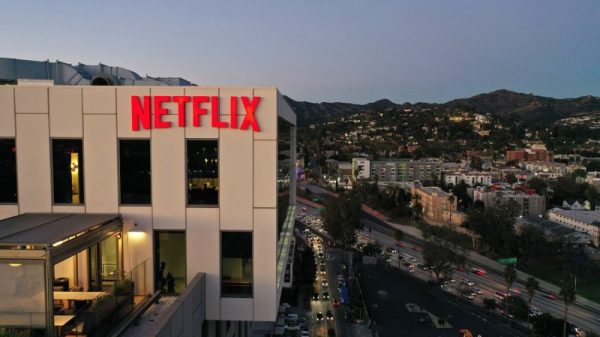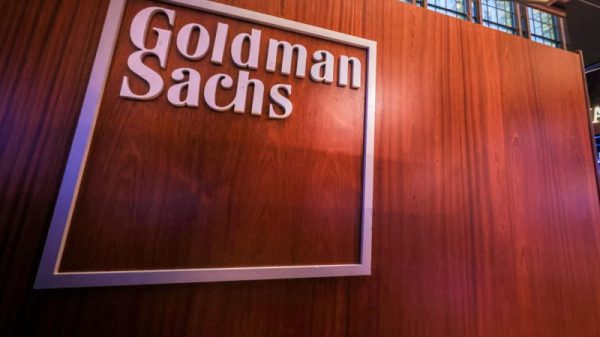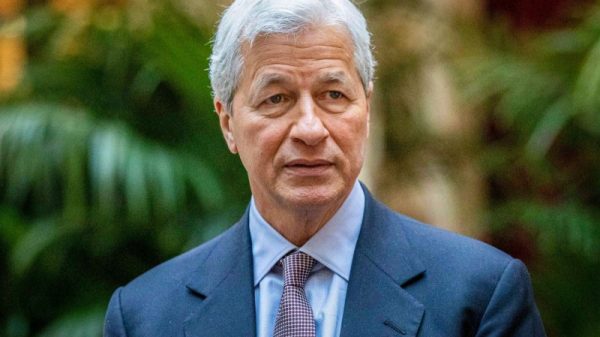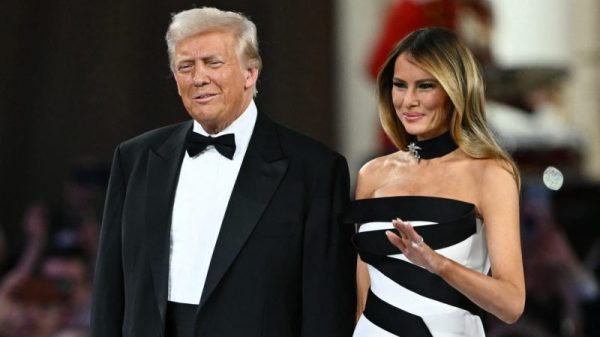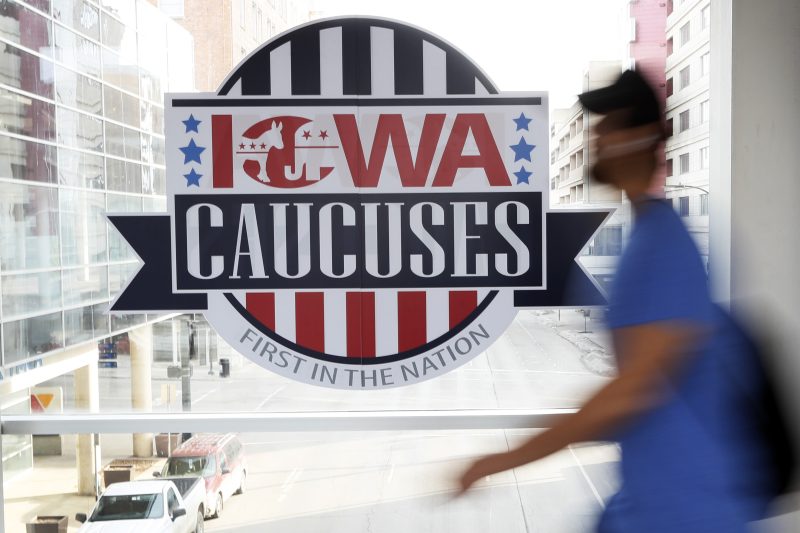ST. LOUIS — The Democratic Party officially dislodged Iowa from its prized status as the first state in the presidential nominating process Friday, approving the state Democratic Party’s plan to release their results on Super Tuesday next year.
The decision ends a nearly two-year fight over Iowa’s place in selecting a Democratic nominee, which resulted in a complete overhaul of the calendar. President Biden and his aides elevated South Carolina to the first spot, followed by New Hampshire and Nevada a week later, and then Michigan. The original plan called for Georgia holding a primary just before Michigan, but Democrats in that state were unable to move up their date, because of Republican opposition.
The approval Friday moves Iowa out of the early window of the presidential nominating process, but the Democratic National Committee’s rules and bylaws panel did not resolve outstanding issues with New Hampshire, which has a state law mandating that it hold the first presidential primary.
New Hampshire has refused to relinquish its spot to South Carolina, setting up a conflict with the national party, and members of the DNC bylaws committee warned states Friday about potential sanctions should they not abide by the order adopted by the national party.
As part of Iowa’s new plan, Democratic voters can sign up to receive a presidential preference card — to be mailed starting Jan. 12 — or participate in an in-person precinct caucus on Jan. 15, the same date as Republicans. The party will not release the results of their mail-in caucus until Super Tuesday on March 5, and any cards postmarked on or before that day will be accepted.
That plan received conditional compliance from the DNC bylaws committee Friday at the national party’s fall meeting in St. Louis. Iowa Democrats, however, are holding out hope that they can return to the early window for the 2028 presidential nominating process.
“I am pleased to have repeated reassurance from the co-chairs and this committee that the presidential nominating calendar discussions will once again be opened up for 2028, where I expect Iowa to compete strongly for a significant voice in the selection of the Democratic nominee as we have for years,” Rita Hart, the chair of the Iowa Democratic Party, wrote in a letter to the committee.
Minyon Moore, the co-chair of the rules and bylaws committee, confirmed the DNC intends to review the presidential calendar again for 2028.
In New Hampshire, officials have long given Iowa significant leeway to go first because its caucus process differs in important ways from a primary election, though there were some concerns that Iowa’s revised plan could have triggered New Hampshire to jump earlier and create chaos in the coming months of the Republican primary campaign.
“While I am not yet ready to set the date of the New Hampshire Presidential Primary, the news out of Iowa as to how the Democrats plan to conduct their presidential nominating event is positive in terms of preserving the traditional positions of the Iowa caucuses and the New Hampshire Presidential Primary,” New Hampshire Secretary of State David Scanlan (R) said in a statement.
New Hampshire has been planning for a primary, at a date not yet determined, in January.
The status of Iowa was imperiled in 2020 after a botched caucus process, which delayed reporting of results and infuriated party leaders who were already dismayed by the state’s dearth of racial diversity, the rightward drift of its voters and the leftward drift of its Democratic caucus-goers. Biden lost the state to Donald Trump by eight percentage points in 2020, after coming in a distant fourth in the Democratic caucuses.
Iowa Republicans have been concerned that Democrats could force changes to the caucus date, leading to a breakdown in the relationship in between the two state parties, which have a history of coordinating to promote Iowa’s first-in-the-nation caucuses.
“Constant and repeated attempts to thwart Iowa’s cherished First-in-the-Nation Caucus is nothing new,” Jeff Kaufmann, chair of the Iowa Republican Party, said in a statement. “While there have been different tactics deployed this year — including the complicity and incompetence of the Iowa Democratic Party — the Republican Party of Iowa and the Republican National Committee will continue to steadfastly defend our half-century-old carveout system, to ensure the triumph of grassroots democracy that ultimately strengthens our presidential nominating process.”
Scherer reported from Washington.






